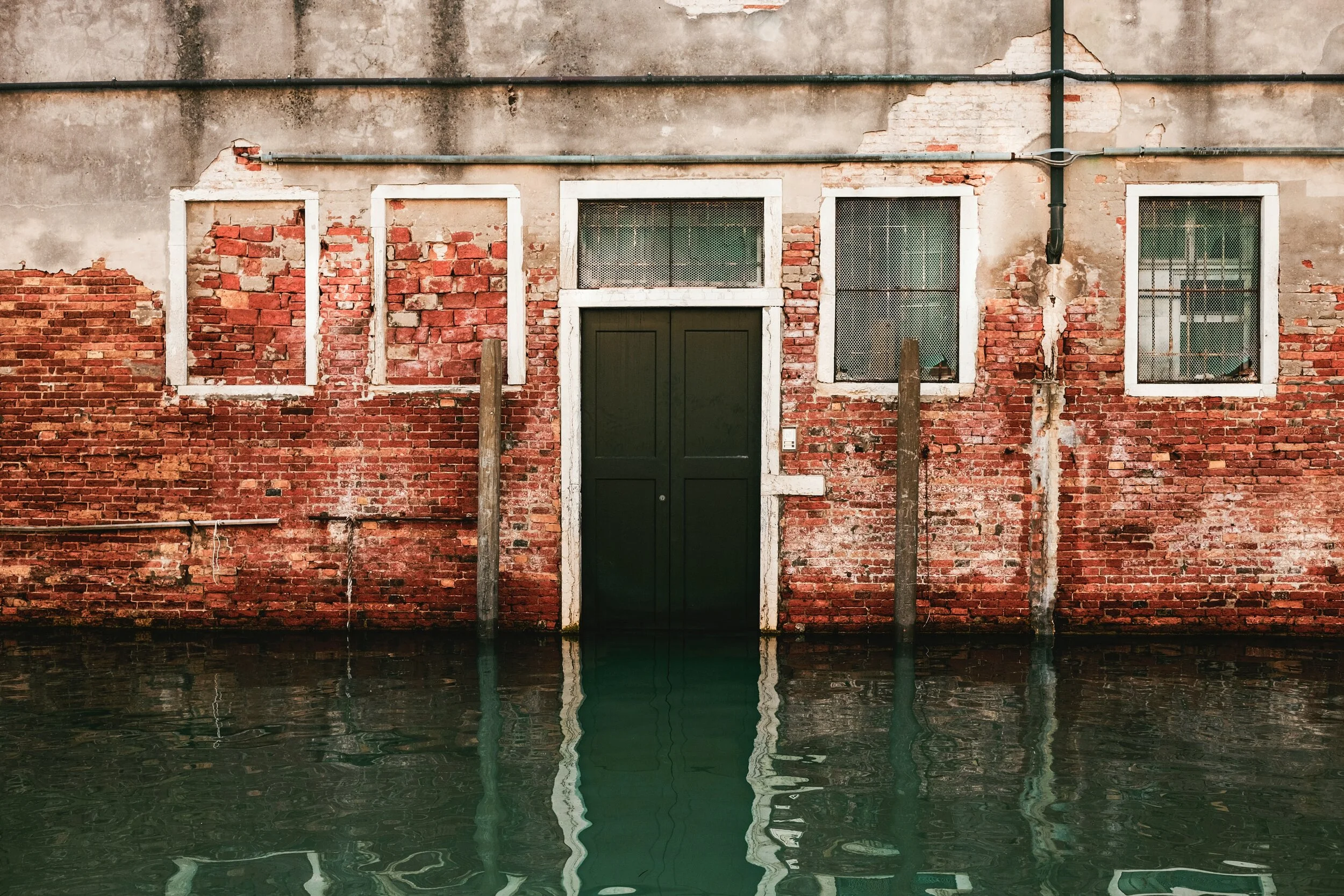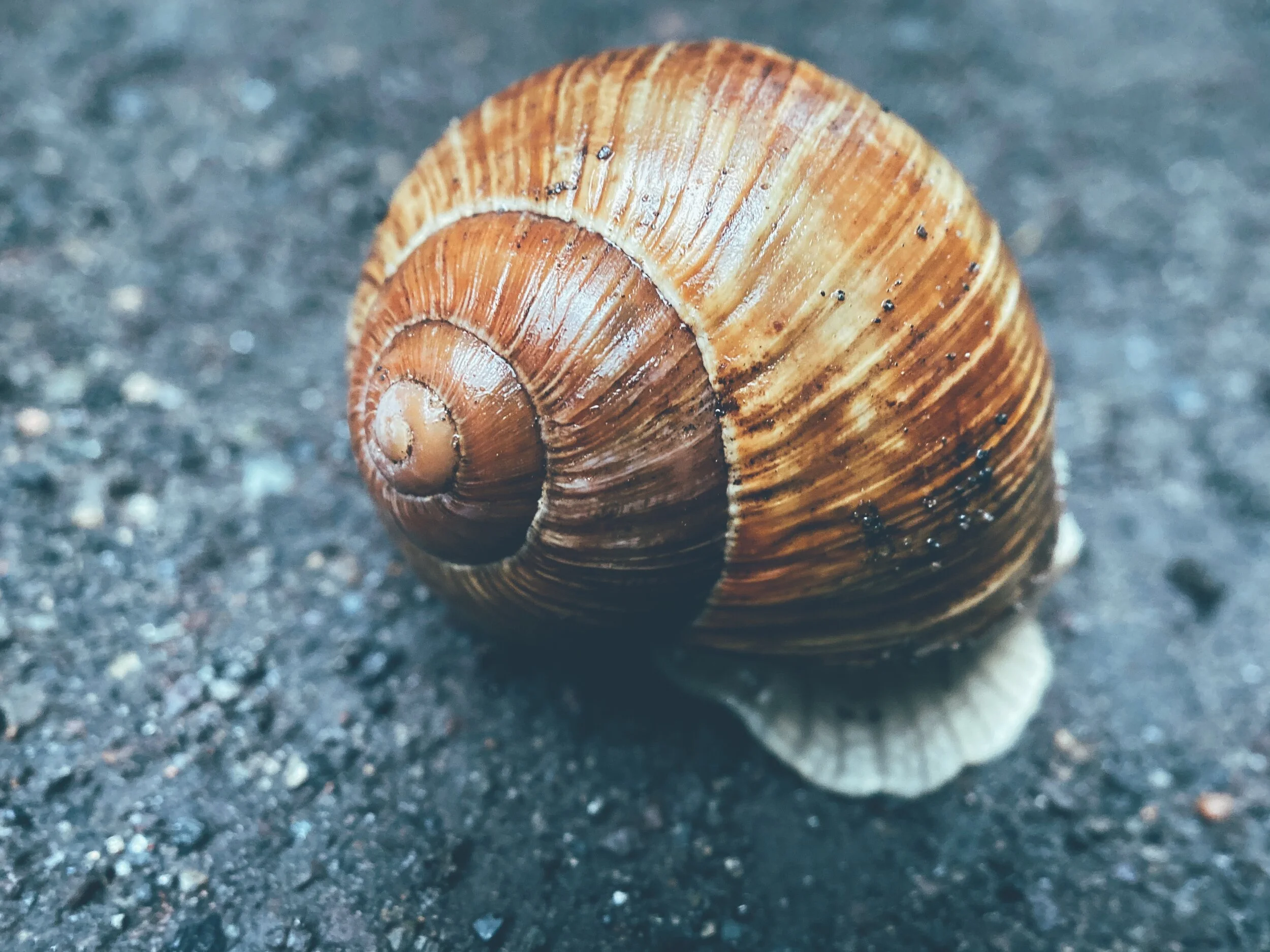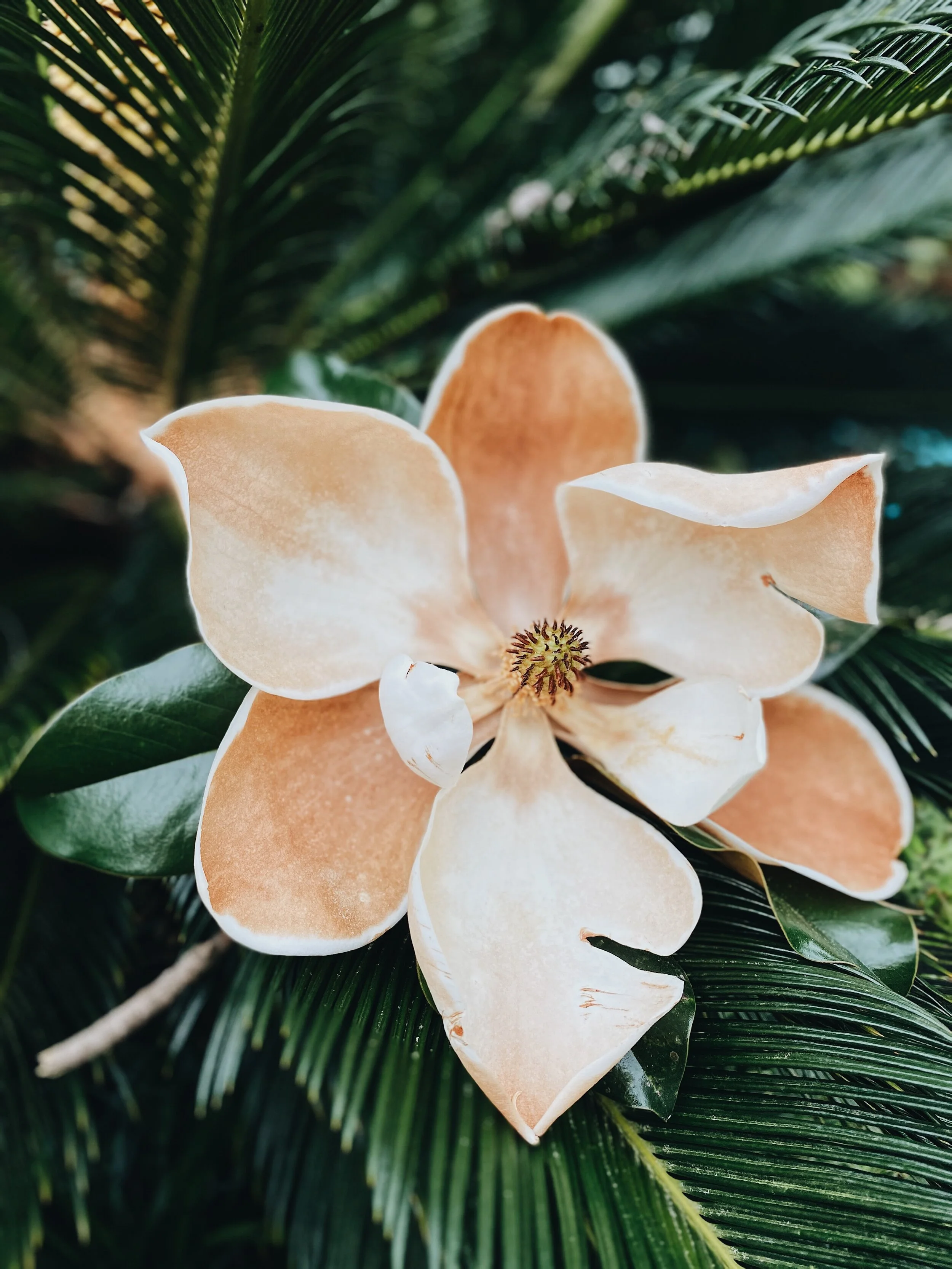Creativity + Agency + Potency + Praise
When I was studying sociology in college in 2005, hurricane Katrina hit New Orleans, breaking her levees and flooding over 100,000 homes and businesses. I was recovering from domestic violence, and the untimely death of my children’s father. I attended college full time while raising my three deep souled, wide-eyed, indigo children independently.
It was a time of incredible limitation for me, but also a time of hidden possibility.
I would utilize the tiny amount of childcare I could afford to go to the grocery store alone, not to date or party. I fashioned myself as an anarcha-feminist dharma punk. I was sweet to my core like a golden delicious apple, but I also had a ripe attitude toward systems of hierarchy and unregulated power. Life had given me lemons and I had little time to do anything except fervently make lemonade and rail against inequality.
I was tender and tough, but not yet good at integrating the vast expanse in-between. When I focused on my limitations, my levees would break and I’d find myself flooded like the Gentilly neighborhood. I had almost no family support and little patience for arranging childcare with 3 separate families for 3 separate kids, so I felt confined to a radius about 100 feet from my front door. I decided to make my 100 ft sphere the coolest 100 ft sphere possible for my own wild spirit to thrive.
What I thought was cool in 2005 was my friend Stu and his crew of radicals, medics and organic farmers who travelled in a veggie fueled school bus from Oregon to Louisiana to join the mutual aid efforts of the Common Ground Collective. They did grassroots renegade relief work in an area where the emergency management systems had failed the people of New Orleans quite miserably. I desperately desired to have my boots on the ground in NOLA, but I felt landlocked in SOU’s student family housing. I was able to organize other students to go to NOLA and I assisted with the preparatory anti-racist training, but I couldn’t leave my kids, who’d freshly lost their father. No matter the dreams I had of doing something radical for once,
I felt confined to my self-imposed reformatory for wounded families.
In my tenderness and feelings of limitation, I would often find myself trying to bust out of captivity at night when my children were sleeping. I didn’t go out drinking like many single moms did. Instead, I’d slide a pair of fawn horns on my head and wander out barefoot into my little plot of the community garden. There I would find the most radiant intricate glowing trails glimmering in the moonlight. Snails are considered pests in the garden during the day when you can see the chew holes they leave behind. But, at night, the evidence of their presence is downright psychedelic. A pretty good high for a straight edge little mama.
In the sober reality of my life of reclamation, I felt utterly wild and unconventional amongst the snails in the quiet of the night. The scents of flowers and loam, snap pea and honeysuckle could transport me into a trance preferable to me over the dance hall trance the other single mamas in my housing complex preferred.
In my garden plot I felt like my life was my own. I had agency. Even if it was just over a 4’x8’ plot of planted dirt, I felt “queen of my own compost heap” as Ani Difranco so aptly put it. I couldn’t practice guerrilla mutual aid 2500 miles from home, but I could guerrilla garden within 100 ft of my porch light. And that made me feel just radical enough to stay on the tough side of the tender/tough continuum.
Gardening in town has its challenges. The community garden wasn’t fenced to keep the belligerent city deer out. Now and again I would find my favorite asian salad greens not only chomped, but uprooted as well. On more than one occasion it caused me to throw my hat on the ground in frustration. It probably bothered me so much because I felt chomped and uprooted myself. I would have preferred to live in my little yurt in the country. I chose to move to town because it was the best place to raise my kids alone. I wasn’t completely owning the choice yet.
I was learning in counseling to practice mental hygiene. Some ruminations are helpful and some are not. It didn’t aid my sense of agency in life to dwell on what I missed about country living, or not being able to travel to NOLA. It didn’t assist my satisfaction in my garden to dwell on the damn city deer eating my greens. What I chose to ruminate on could control me, or I could control my ruminations.
I could choose to seed liberated thoughts, not feed limited thoughts.
When it came to growing plants, I didn’t let a lack of information or the fact that I hadn’t seen it done before inhibit me. When faced with the seemingly futile, I asked myself what was possible, engaging creativity. If I was short on space to grow what I wanted, I’d rummage for an old broomstick and a coat hanger from the dumpster and fashion a trellis to grow my veggies vertically on.
I could choose to seed creative thoughts, not feed limited thoughts.
The more familiar I got with the feelings of agency and creativity that I was experiencing in my gardening pursuits, the more I saw applications for it in other areas of my life.
As excitement started to build among my classmates for the journey to NOLA, I could feel pressure building within my 100 ft radius. I was still actively co-organizing the student trip to New Orleans, but I was starting to feel differently about it. I began to imagine I wasn’t a victim of circumstances. I began to imagine what may be possible. This felt like something growing inside me that was too large to contain.
The more I allowed myself to dwell in possibility, the more pressure built up, until it cracked my mental limitations like a seed hull and the potency in me fervently crafted a way to take that trip with my classmates.
Up until that time, I wasn’t very good at asking for or receiving help. I unconsciously preferred to do everything myself, despite that it was wearing me out hard. I took pride in being independent and I was a self-identified martyr. Wanting to go to NOLA so badly enabled me to push through the discomfort, and I mustered a request for the kids’ grandmother to be with them for my 10 days of travel. That was just the beginning of disrupting patterns of perceived limitation.
I was 31 years old, 3 times a mother, widowed and could scare away a bear with a .38 special, but I’d never travelled in an airplane. Thank goodness for my college friend, Andy. She was a world traveller who never let being a mom stop her from catching standby flights with her young daughter and going wherever she pleased quite freely. We had a lot to teach each other on that trip. She held my hand through my first flight and I held her hand through her first attempts at sobriety. We were the face of belonging for each other in totally new territories, leaving a tattoo on each other’s hearts that would prove to stand the test of time, even when we were estranged from each other after college.
Most of my life, I rarely felt I belonged. In my childhood, I was the youngest and couldn’t squeeze between my twin brothers to find a solid place for myself. Childhood was marked by such empathic sensitivity that I preferred catching lizards and riding horses over making human friends. As a teen mother, I entered community college before most of my peers finished High School. At University, I was in my 30’s and a straight edge dharma punk widow who couldn’t get childcare for parties. I identified instead with radical feminist icons and revolutionaries that I met in textbooks.
But it was different in NOLA. I found belonging with the post hurricane grief stricken survivors and the mutual aid collective organizers. The whole town of NOLA was a reformatory for wounded families. But they had parades! I only had fawn horns and a moonlit garden, but NOLA had out loud grief, dancing, stomping, everyone included, parade through the streets grief.
Honoring the ghosts of the loved ones they lost was as natural as pouring a cup of Cafe du Monde. For the first time, I didn’t feel alone in the sense of preciousness of life that I embodied; the sense that deep sorrow must be accompanied by elevated celebration or you aren’t really loving what has been lost. Grief and praise are two sides of the same coin.
“Grief expressed out loud for someone we have lost, or a country or home we have lost, is in itself the greatest praise we could ever give them. Grief is praise, because it is the natural way love honors what it misses.”
~Martin Prechtel
I thought before the journey that holding back my tenderness, like the levees held back the Mississippi River Canal would make me strong. But I learned from doing relief work in NOLA that resilience comes from traveling the distance from victim to survivor to advocate, knowing that you’ll be wounded again and you’ll recover again.
Disaster asks of us to praise what we love before, during and after the disaster. Resilience is the result of that brave love in action.
Whatever you thought you had time to argue about with a loved one, you don’t. Whatever love you were storing for a better day, pours like rain when the one you were saving it for can no longer receive it.
Whatever dream you thought you weren’t ready to pursue, do it now. Don’t wait for tuition to go down, or your free airline miles to go up. When disaster strikes, you won’t care that you paid full price to experience your dream.



